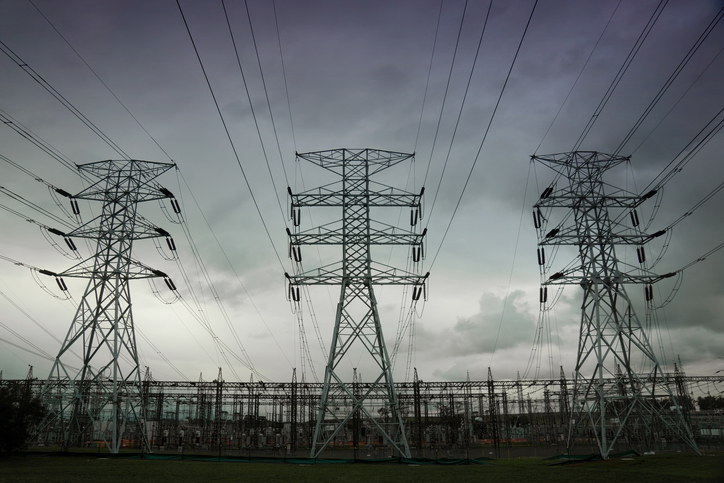National Grid ESO has awarded new contracts which are set to deliver £14.9 billion in savings between 2025 and 2035.
These contracts aim to deliver long-term stability for the national grid network and will additionally contribute to its wider decarbonisation.
According to National Grid ESO, the contracts are equivalent to six 300MW gas power plants, enabling the grid to remain stable without relying on fossil fuelled plants.
In total, these contracts are worth an estimated £1.3 billion and have been allocated to six companies to deliver new stability services across England and Wales as part of a third phase of stability pathfinders to redefine how the network operates.
The winners from this tendering process include Conrad Energy, RWE Generation UK, Transmission Investment Holdings, Green Frog Power, Statkraft UK and WP Grid Services.
“These new contracts represent a major milestone in delivering a low-carbon network for the future and will help support the delivery of our 2025 ambition to be able to operate the network at zero-carbon,” said Julian Leslie, head of networks at National Grid ESO.
“These contracts demonstrate the type of savings that can be made and the importance of investing in net-zero now in order to unlock benefits for consumers for the future.”
The stability services are currently provided by synchronous generation, such as fossil fuel power stations who provide these stability outputs alongside the generation of electricity, National Grid ESO said.
These contracts will help National Grid ESO deliver alternative methods to produce the stability outputs of inertia, short-circuit level (SCL) and dynamic reactive power that are needed for maintaining the optimal operation of the national electricity network.
“This contract award represents a major win to support the UK’s net zero strategy and stabilise the UK’s electricity network. This technology will provide stability services for at least 30 years. These contracts will keep building strong foundations for us to deliver a better world for generations to come,” said Sonia Quiterio, new business director at Conrad Energy on being awarded the contract.
High renewable generation periods have led to periods of low interia. This has in turn forced the National Grid ESO to spend more on the management and balancing of the energy system. With renewables set to expand in the near future as a means to create a net zero energy system, this will need to be rectified.
National grid ESO has successful performed the first two demand flexibility test trials in recent weeks. During these test periods, trialists of the scheme are asked to reduce their energy consumption in a bid to provide further energy capacity for the grid. These tests are being performed at times when there is often high energy consumption.






